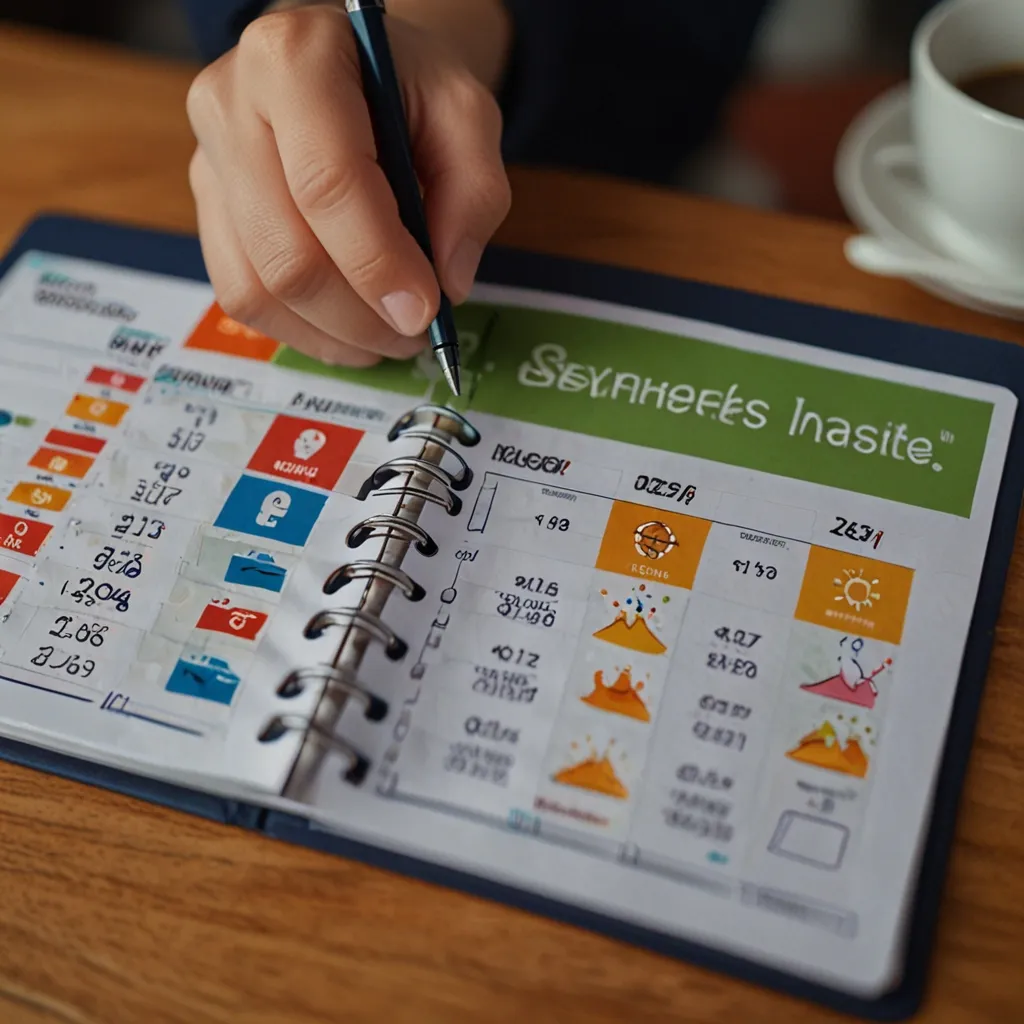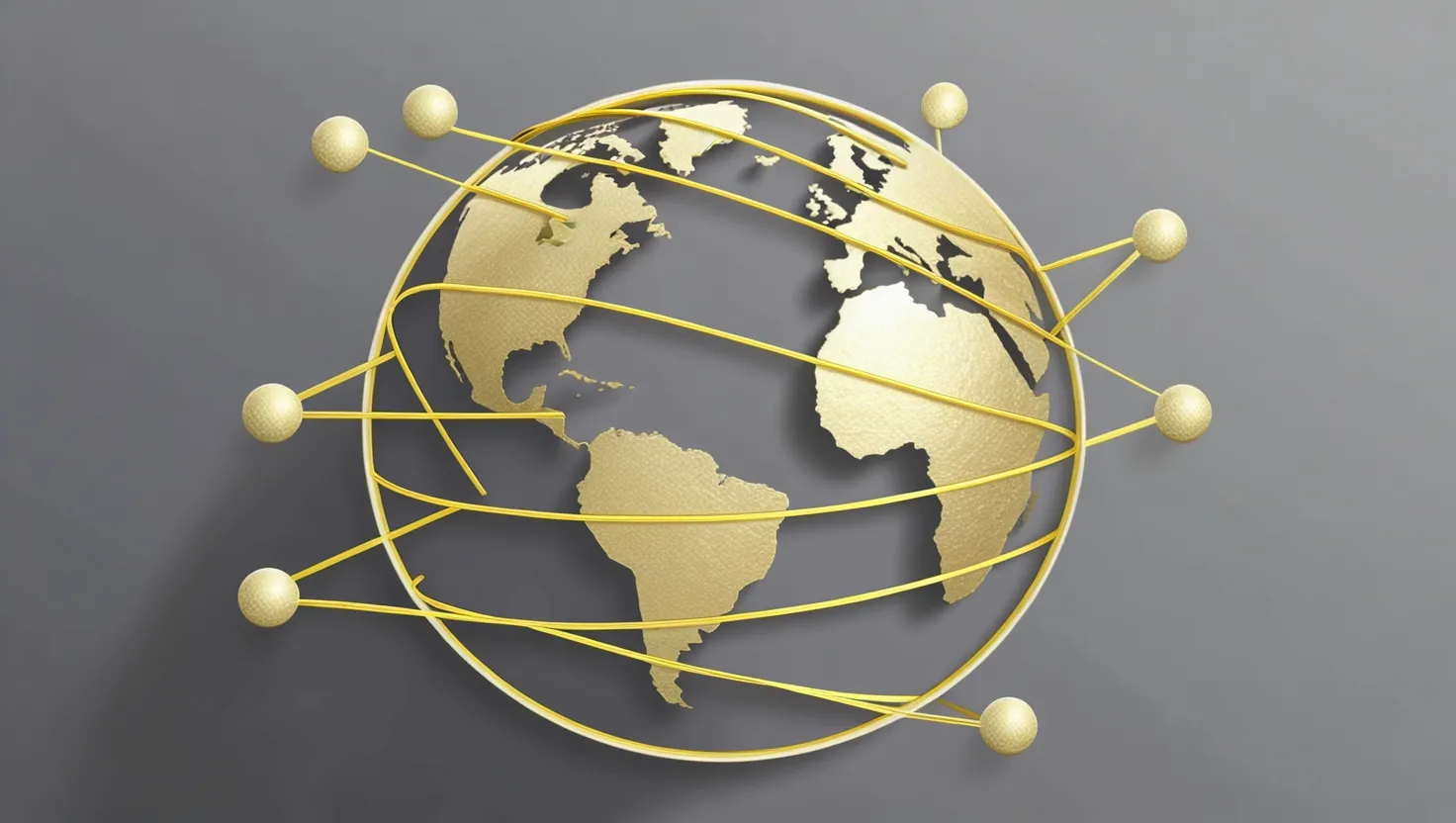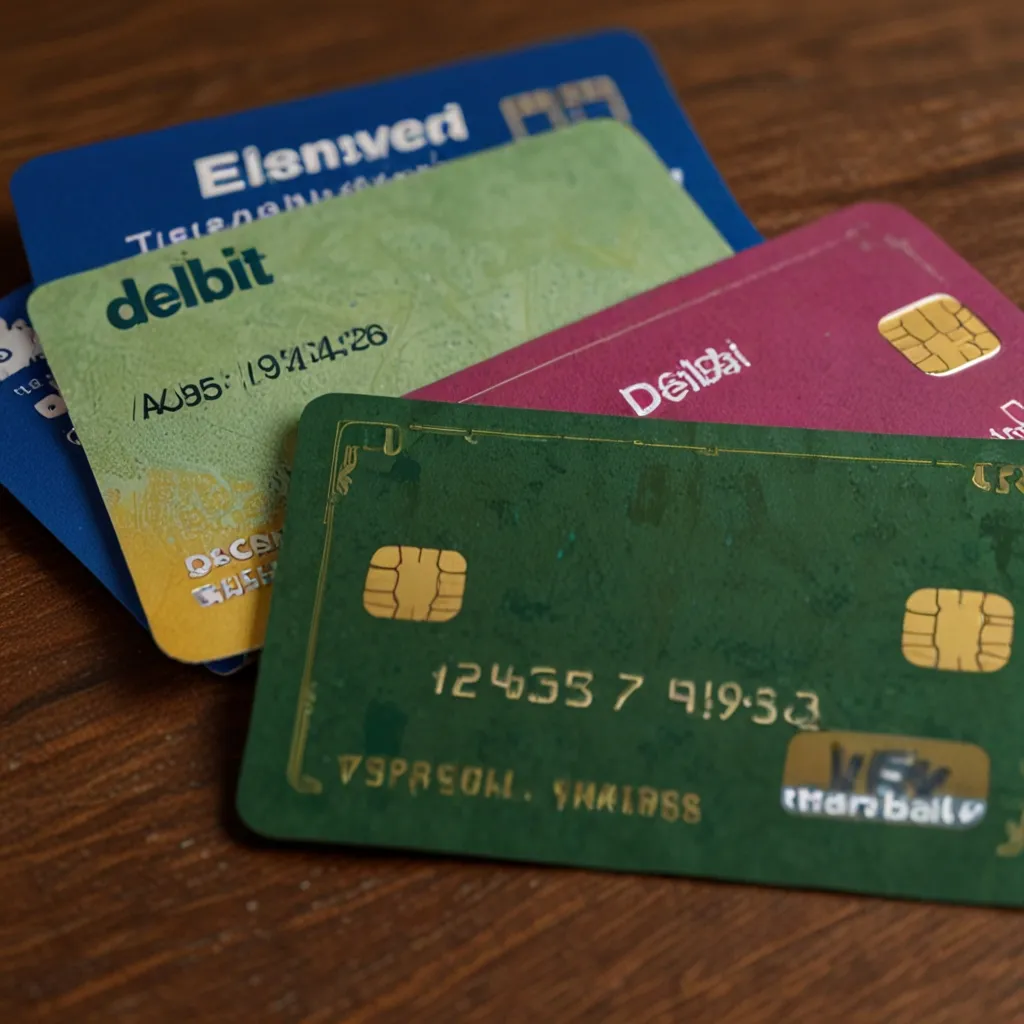Alright, so let’s dive into how to take control of your finances and start ticking off those money goals. Making a personal budget can seriously change how you handle your cash, and trust me, it’s not complicated at all. It’s like having a map for your money adventures, showing you exactly where your coins are dropping and how you can use them better. So, let’s break down the steps to help you craft a budget that really works and maybe even leaves you with some extra money to play with.
First up, you need to figure out your net income. This is the cash you get to keep after things like taxes, health insurance, and retirement plans are taken out. If you’re freelancing or running your own gig, make sure you’re keeping tabs on your earnings since they can be a bit unpredictable. Knowing your net income gives you the baseline for how much you’ve got to work with each month.
Alright, next on the list is tracking your spending. This step is about listing out everything you spend cash on, both the fixed stuff and the stuff that varies. Fixed expenses are those usual suspects like rent, utilities, and car payments – they stay the same each month. Then there’s the variable expenses like groceries, gas, and weekend fun – these can change every month. You can dig through your bank statements or use budgeting apps to help you categorize your expenses. If you spot a pattern, like spending too much on takeout, you might want to consider cooking more at home to save up.
Setting some money goals is a smart move too. These can be short-term things like saving up for an emergency fund or knocking down that annoying credit card debt, or long-term goals like planning for retirement or your kid’s college fund. Having clear goals is like having a motivational poster – it keeps you focused and driven to stick to your budget. For example, if you’re planning a vacation, you might find it easier to cut down on those luxury coffee runs.
Once you’ve got a handle on your income and expenses, it’s time to craft a plan. Compare what you make with what you spend and set some realistic spending limits for different categories. It’s useful to break things down into needs and wants – needs are stuff like groceries and rent, essentials you can’t skip; wants are your occasional splurges like dining out or new gadgets. This helps in seeing where you can trim the fat without affecting the essentials.
Fine-tuning your spending habits is a must. Start by cutting back on those wants. If after that you still find yourself stretched thin, take a look at your fixed expenses. Maybe you can shave off some dollars by negotiating a lower rate on your car insurance or finding a cheaper internet plan. These small tweaks can lead to big savings over time.
Don’t forget to keep an eye on your budget regularly. Money situations can change – maybe you get a pay bump, move to a new place, or hit one of your financial goals. Your budget should be flexible enough to reflect these changes. Regular check-ins help you stay on course.
Crafting a budget isn’t just about jotting down numbers; it’s about being deliberate and proactive with your cash. By following these steps, you can whip up a budget that not only helps you manage your finances better but also sets you on the path to achieve those money goals. And remember, budgeting isn’t a one-and-done deal – it’s a continuous process that evolves as your financial landscape changes.
So, roll up those sleeves and start mapping out your financial journey. A little planning today can lead to financial freedom down the road. Happy budgeting!






